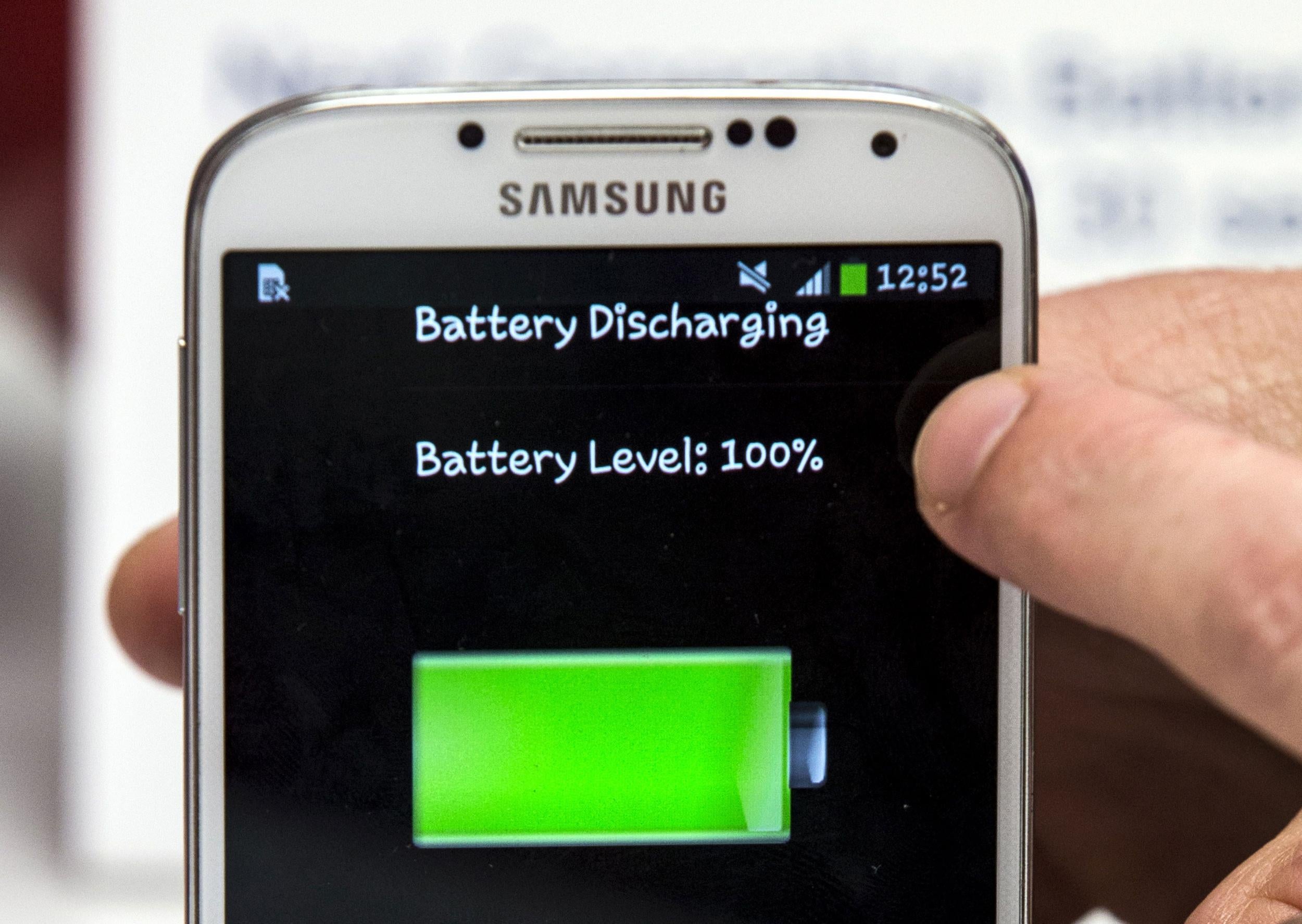Microsoft is developing a smart battery that will learn your behaviour and extend battery life
The new research project could ensure that your devices are charged when you need them to be

Computer giant Microsoft has announced a new project that they hope will drastically increase the battery life of their devices, without installing bigger batteries.
The new batteries are known as Software Defined Batteries, and are being developed with academic researchers. If the project came to light, each device would contain a number of different batteries, each optimised for a different task.
In Microsoft's words, the new batteries will work with the operating system to "figure out whether the user is looking at Word documents or editing video footage", and will apply "the most efficient battery for that task."
It could also learn your behaviour based on patterns of use, and optimise the battery accordingly. So, if you tend to plug in your laptop when you get into work and often give presentations at 10AM, the computer will be able to prepare itself to do a quick charge to make sure it has enough life to get through the meeting.
Electric dream machines: Are they really the future of motoring?
Show all 5It's a smarter way of approaching battery life, and it's surprising that it hasn't been adopted before.
However, given Microsoft's recent record on user privacy, yet another piece of software that tracks your programs and activity is going to concern some users.
The company came under fire after the release of Windows 10, after the privacy policy told users that Microsoft could "access, disclose and preserve personal data," including the contents of emails or files in private folders.
They said they would do this when they needed to comply with law enforcement, prevent spam, or protect their property, but many were worried by the potential for intrusion.
The idea is still very much in the research stages, so it may be a while before these kinds of batteries make their way into your laptop, tablet or phone.
But if Microsoft can convince users that its smart battery isn't going to track their behaviour, it could prove very popular.
The researchers working on the project are set to present their findings at the ACM Symposium on Operating Systems Principles later this week.
Subscribe to Independent Premium to bookmark this article
Want to bookmark your favourite articles and stories to read or reference later? Start your Independent Premium subscription today.

Join our commenting forum
Join thought-provoking conversations, follow other Independent readers and see their replies